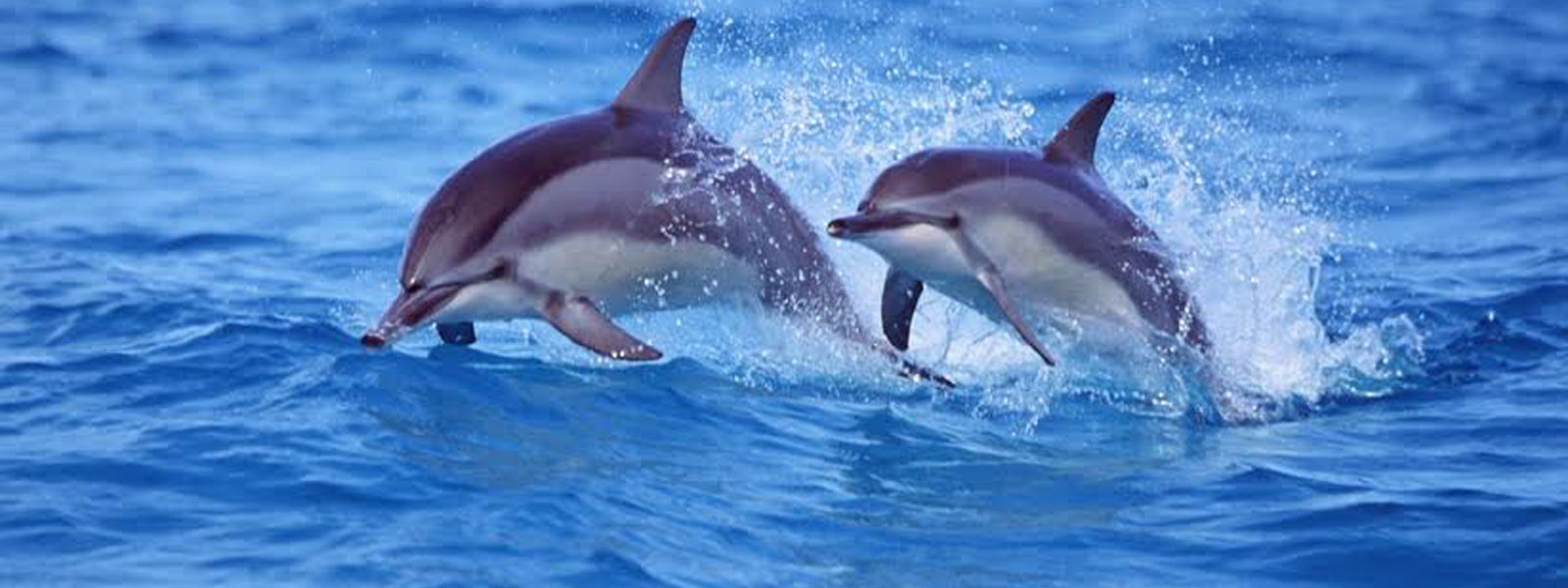

Scientists have developed new methods of studying dolphins and whales that don't harm the animals. One way to study whale numbers is to identify each individual in a population. Here's where photo identification comes into play.
Read More >
Thousands of whales were wiped out in the Antarctic Ocean. Now, after commercial whaling was brought to an end in the Southern Ocean, whales are making a comeback. But they aren't the same whales off South Georgia Island.
Read More >
A recent analysis by scientists, adopted by the IWC Scientific Committee, shows what many opponents of the Taiji dolphin hunts have feared -- the hunts are depleting several dolphin species along the coast of Japan, leading the dolphin hunters to go after other species, while still killing the depleted species.
Read More >
Sometimes whales and dolphins don't stay in the ocean, but come up on shore. Why do they do this, as individuals and sometimes as whole pods of animals? There are many reasons, but too often such strandings end in tragedy.
Read More >
Few people have had as much impact in protecting and studying whales as Dr. Roger Payne. Roger died last week, and those of us who knew him will miss his support, his counsel, and his zest for life.
Read More >
A new study, based on interviews with fishermen, estimates that 2% of plastic fishing gear (nets and lines) is lost every year in our oceans. Some of this gear winds up continuing to entangle fish, marine mammals, and other marine life.
Read More >
No one is better known in the whale research community than Ken Balcomb. He died last December 15th, leaving a lasting legacy of orca and whale research, conservation advocacy, and his many students and friends.
Read More >
Our oceans are being saturated with human-caused noise. There can be great harm to dolphins, whales and other marine life from various sources of intense noise in our oceans from oil exploration and drilling, military sonars, ship traffic, and other sources.
Read More >
It’s often difficult to empathize with tragedies that occur far from home. We frequently fall into the bystander role. But as the effects of climate change worsen and become more visible, we cannot afford to continue following a behavior chain of ignorance and disengagement.
Read More >
The International Marine Mammal Project (IMMP) of Earth Island Institute helped develop and is consulting on a lawsuit against SeaWorld (Anderson v SeaWorld), contending that the mega corporation has been deliberately lying to the public about the health and welfare of their orcas in captivity. SeaWorld is being called-out on these lies, as never before, because of the groundbreaking legal battle we’ve been waging on behalf of captive orcas for more than five years! Usually SeaWorld bullies their way through litigation. They’re a multi-billion dollar company and pay multiple aggressive hired-gun attorney teams to do their bidding. But this time, all five of SeaWorld’s attempts to have the case, Anderson v SeaWorld, dismissed have been denied. Their efforts to further delay and drag out the case and keep scientific expert witness reports sealed by the court and kept secret, are crumbling.
Read More >
Page 1 of 3 pages First Page 1 2 3 > Last Page